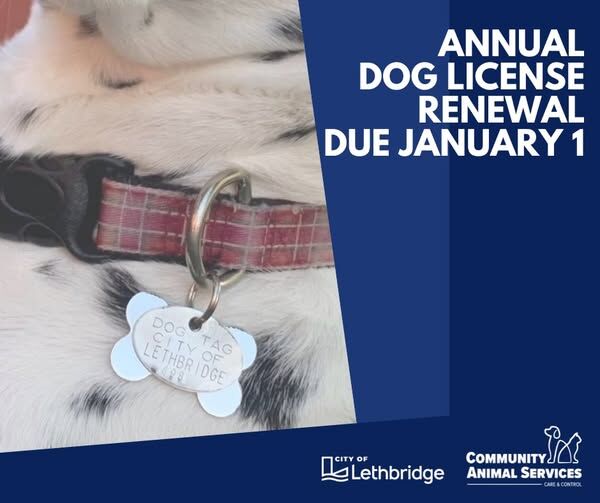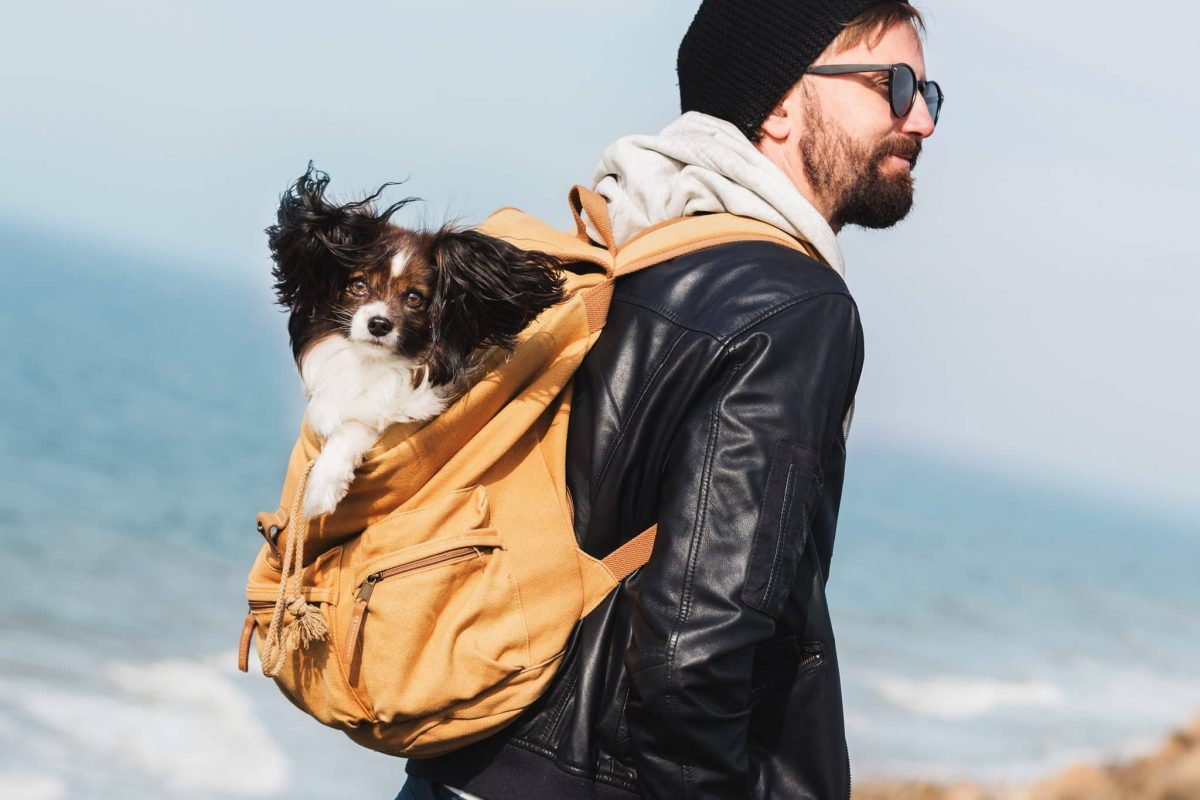Most pet owners know not to feed their dogs chocolate, but there are a range of other foods that also be hazardous to the health of our four-legged friends.
“It's only natural that if people treat animals as they should — as part of the family — that they would want to share the food with them off the table,” says veterinarian Charlie Fairman, from Redland City, on Quandamooka country.
“But there are some things that are toxic to dogs that people don't realise are in everyday foods that definitely come up at Christmas time.”
Why can't dogs eat chocolate, anyway?
Chocolate contains two ingredients — theobromine and caffeine — that can be lethal to dogs, even in relatively small doses, explains University of Adelaide associate professor Susan Hazel, who specialises in research into animal welfare, behaviour and ethics.
“Dogs metabolise it into something that is toxic for them, and we don't metabolise it in the same way,” Dr Hazel says.
Unlike cats, which don't have a taste receptor for sweet foods, dogs like chocolate, so despite it being bad for them they will actively sniff it out, so it's a good idea not to leave any choccies unattended — or under the Christmas tree — if you have dogs.
Pudding is not for pups
Grapes are toxic to dogs, and that also goes for their dried counterparts such as raisins and sultanas, which are a staple in festive favourites such as Christmas puddings and fruitcake.
“It really is variable dog to dog, but it would take a lot less sultanas to be toxic to dogs than people would think,” Dr Fairman warns.
“For a 10kg dog, around 10 grams of sultanas could be enough to cause some issues with the kidneys, so don't feed them fruitcakes or anything like that.”
Dr Fairman says some artificially sweetened baked treats can potentially be fatal to canines too.
Many sweet treats contain ingredients that could potentially be fatal to dogs, including macadamia nuts, sultanas and xylitol. (Adobe Stock)
“In particular, one artificial sweetener called xylitol can be very toxic to dogs,” he says.
“It does imitate sugar and causes them to produce all this insulin, and it can cause them to have neurological signs if they have enough of it.”
Macadamia nuts also belong on the naughty list for dogs, and Dr Fairman says. As little as one nut per kilogram of weight could cause serious issues for your pet.
“So, if you spill a few nuts or have a bit of slice around and the dog gets into it, if you have a 10kg dog it's only going to take 10 nuts and we'd be getting into the area where we'd be worried about some nervous system signs,” he says.
Meat, dairy and cooked bones
Fatty meats such as pork, lamb and leg ham can upset dogs' stomachs and potentially cause pancreatitis — particularly in some smaller breeds such as French bulldogs, schnauzers, cavalier King Charles spaniels, dachshunds and toy poodles.
“Because [some smaller breeds] have got such a poor ability to deal with fatty foods, it just overloads their pancreas and can lead to intractable vomiting and diarrhoea, which can make them very dehydrated and something as innocent as a bit of steak can cause it,” Dr Fairman says.
“Butter, cheese, fat from meat, olive oil — all of those things can cause gastrointestinal upset and inflame the pancreas similarly.”
Dr Hazel also warns against feeding dogs poultry carcasses or cooked bones, which can be brittle and break into shards.
“They can get caught in the throat or the oesophagus, or puncture the intestines as they go down, so those are definitely off the table,” she says.
Foods that are high in salt can also cause issues with your pets.
“Salt draws water into the bloodstream which invariably causes an increase in blood pressure, and the kidneys and the heart are very high on the list of organs that can be damaged due to high blood pressure,” Dr Fairman says.
All plants in the Allium family — which includes onions, garlic, leeks and chives — are poisonous to dogs, even if consumed in small doses, so be mindful with stuffing, gravies and other trimmings that may contain them.
Be wary with seafood
Seafood might seem like a safe option, but Dr Fairman says, “if [fish] have been cooked in garlic butter, both of those things pose a risk — garlic and butter”.
Dr Hazel says small bones from fish could also present a choking hazard for dogs, as could prawn shells.
“If the shells have sharp edges, as they go down, they can damage or even puncture the intestinal wall, but they can also cause impactions, so they can pack up like concrete, and then they've got to be removed surgically.”
Get your guests on board
Having some treats on hand that are dog-friendly is a good idea.
“It's no longer the case the dog just mills around and gets a little treat now and then and gets ignored for Christmas, they're a part of people's families now,” Dr Fairman says.
“Just keep [guests] in the loop and let them know the human food is for humans, but if they do want to give the dog a treat, there are some treats you can give that are dog-specific.”







